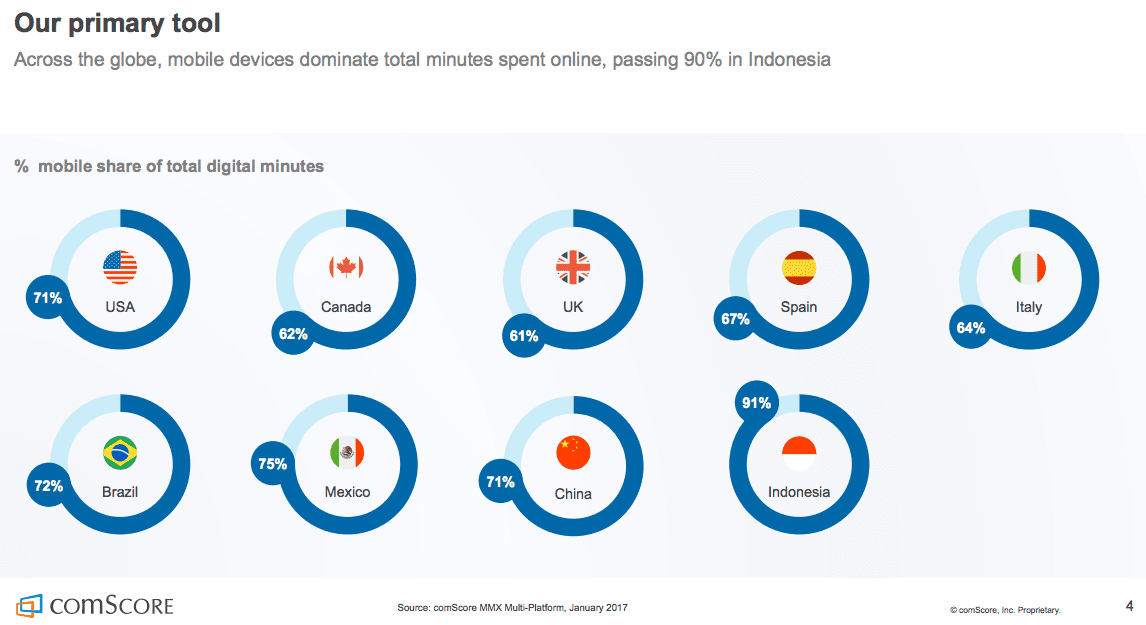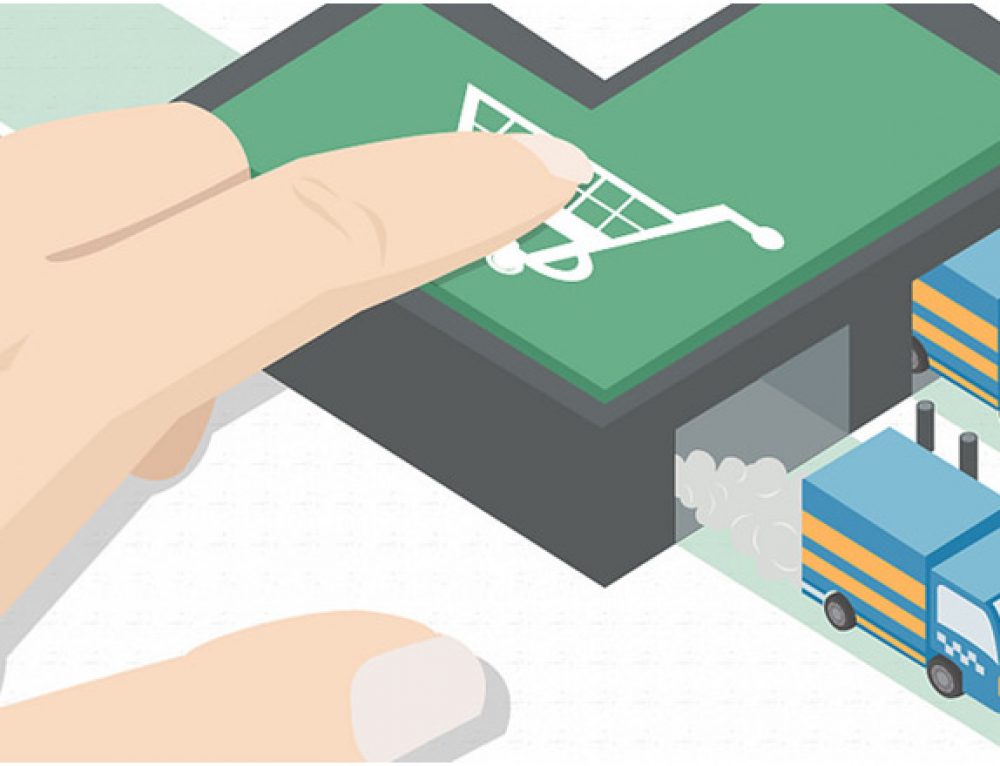Back in 2012 ecommerce meant you were trying to sell something on ebay, amazon, or some other 3rd party website. 5 years later that’s still true, but you’ll get a lot more profit from selling on your own website.
Here are 8 tips to help you get started with your ecommerce empire.
1. Start marketing early
Lay the groundwork for your marketing even before you’re up and running. Set up a simple coming soon page where people who are interested can sign up to get updates. Then open your social media accounts and publish some teasers. You want to have a little buildup so you can come out the gates running when you do launch.
2. Put the focus on the user
Most businesses that fail do so because they didn’t focus on the user enough. Businesses that succeed, do. As an ecommerce business you have to sell things that customers can’t touch, feel, or smell. The only thing they can do is see, so you want to make sure they see it as well as possible. Have big, high quality images from every possible angle, show it in use and throw in a 360 video (like amazon does with most watches) if possible.
Also make it easy for them to buy, by making the shopping experience easy, (minimum number of steps to checkout) and by providing multiple shipping options.
3. Get social
To run a successful business you need to create content, write SEO and run ads. But the most effective medium for getting traffic continues to be social media. Not only is it the most cost effective way to reach your audience, but it also gives you a lot more data on your customers than any other free to use platform at this time.
Get started on social media as soon as you can. Yes it’s a time suck, but there’s plenty of managed services and social media agencies that you can outsource to. Just be sure to stay involved as your social media will be the heart of your brand.
4. Go mobile
For most websites, mobile users have exceeded desktop users.

That’s why when you’re developing a website, you have to make sure it’s mobile friendly. That means a responsive layout with responsive text, big buttons and lots of space between each link or button.
5. Data and Testing
With any ecommerce business, data is everything. That’s why you need to integrate analytics and start collecting data from the get go. Google analytics is free and powerful enough for most people, though some of its more advanced functions are difficult for beginners to set up.
Now what do you do with all this data? You use it to determine where performance is poor. Where do most visitors drop off? What desired action are they not performing? Make small changes and test the values, or better yet, run A/B tests. Think like the customer and figure out what’s working, what’s not, and the why behind those answers.
6. Figure out your process
Do you manufacture your own products or do you buy from a supplier? Do you ship each product separately yourself or do you have a fulfillment center handle everything for you? These are things that you should figure out before you start, but you’ll still run into roadblocks along the way. Do your research and have a backup plan for everything.
How much do you markup each product? Markups vary drastically based on industry. For example, electronics typically have around 30-35% margins, while phone accessories are often marked up 200%+. Figure out your margins and look into what everyone is charging.
7. Decide on your software and systems
The minimum you’ll need to run an ecommerce business is a server to store your files and data, a content management system to organize and publish your data and products, and a CRM to record, and organize your customer data. You’ll also want communications software for emailing your customers.
For most first timers we recommend WordPress for building their website and our value plan. WordPress is free, and at $1/month our value plan is the cheapest hosting plan there is to offer unlimited bandwidth, emails and over 20 GB Web Space. Fast Web Host also offers managed WordPress services – great for those new to building websites.
8. Budget your marketing
Focus on one idea or concept and use what you have. It’s easy to look at the successes stories around you, and spend money to be like them. Just because a successful business you know is spending $5,000 in ads doesn’t mean you should too. Don’t be ashamed to start small by spending only $5 on ads in the beginning. Eventually $5 turns into $20 then $100 and so on.
Depending on what software and tools you use you can start an online business for as little as $100 to $500. You don’t even need to pay a web developer tens of thousands of dollars for a website because we can offer you a free drag and drop website builder. There’s never been a better opportunity to create a life of financial freedom in an easy and affordable way.

 Phone: 1(877) 215.8104
Phone: 1(877) 215.8104 Login
Login


Leave a Reply